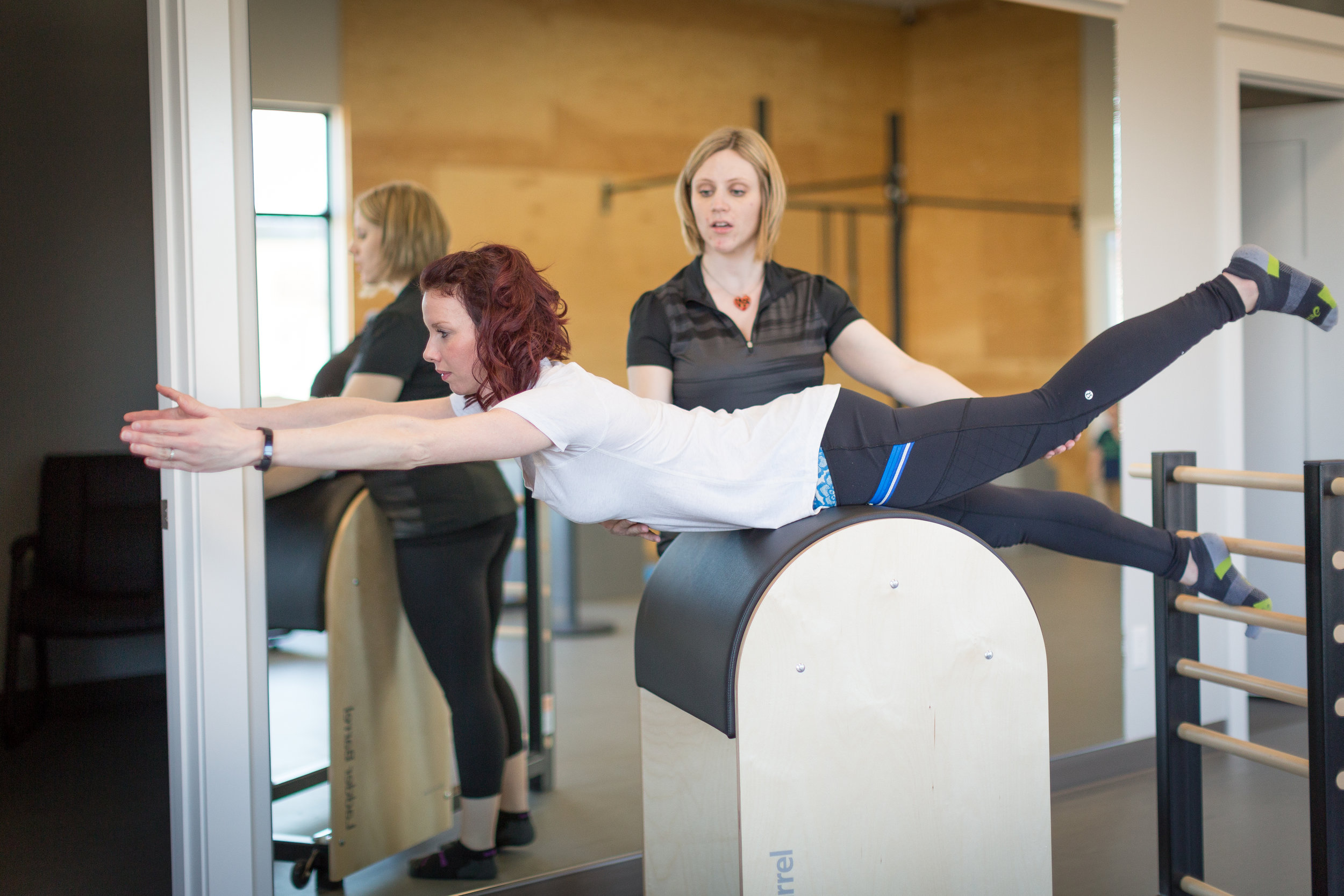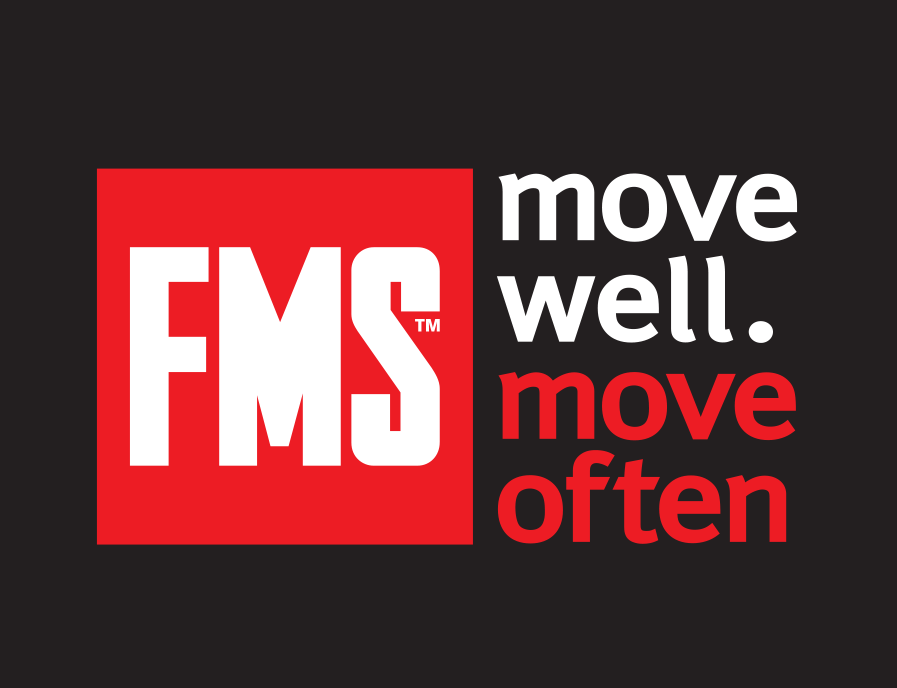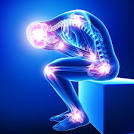Physiotherapy Services
Physiotherapy is defined as therapy for the preservation or restoration of movement and physical functioning. Adventure Physiotherapy has highly-trained professionals who can treat with variety of specialized skills which are listed and explained below.
Manual Therapy
In manual therapy, physical force is applied to the body by your therapist to assist with normalizing body tissues. It can be applied to the soft tissues of the body (muscles, fascia, scar tissue and nerves) to promote blood flow and help relax tight or sensitive areas. It is also applied to the joints to increase range of motion, decrease pain, and restore normal joint mechanics. One of our therapists is a fellow of the Canadian Academy of Manipulative Physiotherapists which is an internationally recognized advanced certification.
Exercise Therapy
There are many forms of exercise therapy that have been proven to be effective in treating a variety of different conditions. Exercise works in joints by changing fluid viscosity and creating fluid movement which helps nourish cartilage. In muscles, exercise causes deformation of cells which leads to protein synthesis, making muscles stronger and more resilient. Every tissue in your body relies on movement or exercise to regulate cell processes. In short, motion is lotion for the body. At Adventure Physiotherapy, we select exercise programs that have been shown to be more effective for specific conditions.
Sports Therapy
Sport therapy is directed at athletic populations with the aim of returning athletes back to sport or improving their performance. All of our current therapists have a long history in athletics and treating athletic populations which has made us proficient in care of athletes including injury reduction, management and sport performance.
Dry Needling
Dry needling is a general term used to describe the therapeutic use of a filament needle to treat muscular disorders. The needle is advanced into target muscles to normalize the biochemical environment and improve movement patterns. Typically results should be felt within 2-4 treatments but treatments must be followed up with exercise therapy as part of a larger treatment plan to restore movement.
In our clinics we currently have three physiotherapists that provide dry needling: Brian, Kayla, and Sarah
Post Operation Rehabilitation
All physiotherapists are trained in post-operative rehabilitation where we have developed protocols with our surgical colleagues to ensure optimal function after surgery. We follow the most up-to-date protocols to make sure we are providing the best care possible. Surgery rehabilitation we frequently perform includes total hip replacement, total knee replacement, total shoulder replacement, rotator cuff repair, open reduction internal fixation of fractures (plates and screws), ACL repairs, lower back surgeries (discectomy, fusion…), prostatectomy, bladder repair, and c-section.
Pelvic Health
The pelvis is an often neglected but important area of the body. Physiotherapists trained in this area can help with pelvic pain, urinary incontinence, fecal incontinence, urinary retention, fecal retention, urinary urgency, fecal urgency, coccydynia (tail bone pain), pelvic girdle pain, hip pain, back pain, premature ejaculation, and erectile dysfunction.
Pre, Peri, and Postnatal
During pregnancy, your body goes through an incredible transformation. If you consider all the individual changes your body goes through in terms of weight gain, mobility, posture, and hormone levels, it is no wonder that at times things can go a bit wrong. We offer safe, natural treatments for you and your baby that will make you feel better but also help you enjoy a healthier pregnancy. When you can't take drugs, physiotherapy is there for you.
Functional Movement Systems (FMS) (SFMa) (Y balance Test)
The Functional Movement System is a series of movement analyses developed by physiotherapist Gray Cook. The system involves movement screening (FMS), movement assessment (SFMA), and movement testing (Y Balance Test). This system allows us to systematically analyze, track, and monitor movement so we can make objective targets for therapy and help you achieve better results.
Post Concussive Rehabilitation
Concussion is a topic that has been a focus in the media and sports for the past several years. There is a lot of research being done on the best way to rehab after a concussion. What makes it challenging is that there is no visible damage to brain after a concussion and no imaging will diagnose a concussion. Fortunately, a structured subjective and objective examination by a trained physiotherapist can diagnose a concussion. Once diagnosed, proper rest and multidimensional rehabilitation are important in order to return happy healthy athletes to the game the same way they started the season.
Vestibular Rehabilitation
It is common to get dizzy at some point in our lifetimes. Short-term this could be fun spinning on a chair as a child. But if it persists, it can greatly influence your quality of life. Vestibular rehabilitation is the therapy of dizziness, vertigo, and lightheadedness. It takes a trained therapist to determine where your symptoms are coming from. They can arise from problems within the brain, from within the ear, from the neck, or from elsewhere in the body. After determining the cause of your dizziness, either a rehabilitation program full of specific exercises or techniques can be completed or we can provide a referral on to a physician specialist. These exercises may be part of a post-concussive rehabilitation program as well.
Running Rehabilitation
All humans are born to run, whether you enjoy it or not. The human body has many adaptations that allow us to be incredible endurance runners. Our therapists have participated in advanced training to identify and treat running-related injuries and we understand how those injuries relate to running. This often allows us to include running in the rehabilitation process so you can keep your running routine while recovering from your injury
Persistent Pain
The International Association for the Study of Pain describes it as “[a]n unpleasant sensory and emotional experience associated with actual or potential tissue damage.” We all feel pain. In the short term, this is a very necessary human feeling. When it persists it can be very confusing and distressing. Our therapists have extensive postgraduate training on understanding the physiology of pain and have developed creative and effective ways of treating complex pain conditions that are evidence-based.
Cupping Therapy
Cupping is a treatment that has been used for thousands of years. During this treatment the therapist puts special cups on the skin to create suction. This causes the tissue beneath the cup to be drawn up and swell causing increase in blood flow to affected area.
Individuals that may benefit from cupping therapy include those who have headaches, lower back pain, neck pain, knee pain, and many more ailments.
We have two physiotherapists who use cupping therapy: Sarah and Chioma













